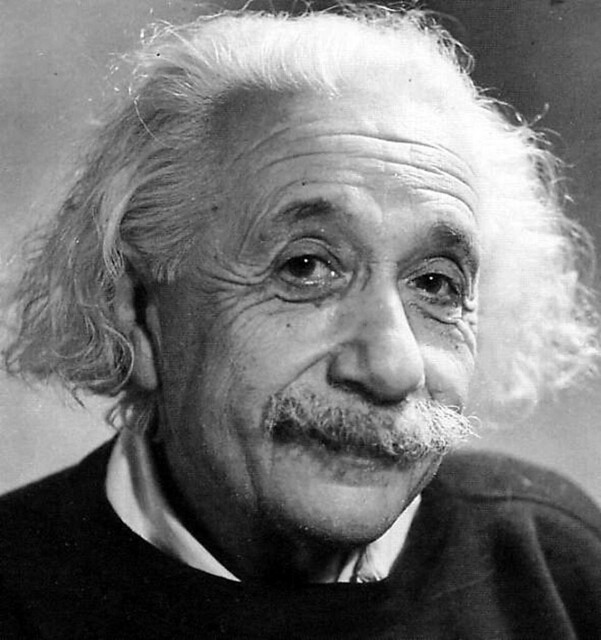
Scientists on Friday said that an experiment which challenged Einstein's theory on the speed of light had been flawed and that sub-atomic particles -- like everything else -- are indeed bound by the universe's speed limit. Researchers working at the European Centre for Nuclear Research (CERN) caused a storm in 2011 when they published experimental results showing that neutrinos could out-pace light by some six kilometres (3.7 miles) per second. The findings threatened to upend modern physics and smash a hole in Albert Einstein's 1905 theory of special relativity, which described the velocity of light as the maximum speed in the cosmos. But CERN now says that the earlier results were wrong and faulty kit
was to blame. "Although this result isn't as exciting as some would have liked, it is what we all expected deep down," said the centre's research director Sergio Bertolucci.? "The story captured the public imagination, and has given people the opportunity to see the scientific method in action. "An unexpected result was put up for scrutiny, thoroughly investigated and resolved in part thanks to collaboration between normally competing experiments. That's how science moves forward." The neutrinos were timed on thenear journey from CERN's giant underground lab Geneva to the Gran Sasso Laboratory in Italy, after travelling 732 kilometres (454 miles) through the Earth's crust. To do the trip, the neutrinos should have taken 0.0024 seconds. Instead, the particles were recorded as hitting the detectors in Italy 0.00000006 seconds sooner than expected, the preliminary experiment had shown. Researchers updated the science community on Friday at the International Conference on Neutrino Physics and Astrophysics, being held in Japan's ancient capital of Kyoto. "The previous data taken up to 2011 with the neutrino beam from CERN to Gran Sasso were revised taking into account understood instrumental effects," the team said. "A coherent picture has emerged with both previous and new data pointing to a neutrino velocity consistent with the speed of light." The initial findings had been greeted with a combination of excitement and scepticism, even from those involved in the experiment, who urged other physicists to carry out their own checks to corroborate or refute what had been seen. "If this result at CERN is proved to be right, and particles are found to travel faster than the speed of light, then I am prepared to eat my shorts, live on TV," Jim Al-Khalili, a professor of theoretical physics at Britain's University of Surrey, declared at the time. Source: Hindustan Times, Image: flickr.com
was to blame. "Although this result isn't as exciting as some would have liked, it is what we all expected deep down," said the centre's research director Sergio Bertolucci.? "The story captured the public imagination, and has given people the opportunity to see the scientific method in action. "An unexpected result was put up for scrutiny, thoroughly investigated and resolved in part thanks to collaboration between normally competing experiments. That's how science moves forward." The neutrinos were timed on thenear journey from CERN's giant underground lab Geneva to the Gran Sasso Laboratory in Italy, after travelling 732 kilometres (454 miles) through the Earth's crust. To do the trip, the neutrinos should have taken 0.0024 seconds. Instead, the particles were recorded as hitting the detectors in Italy 0.00000006 seconds sooner than expected, the preliminary experiment had shown. Researchers updated the science community on Friday at the International Conference on Neutrino Physics and Astrophysics, being held in Japan's ancient capital of Kyoto. "The previous data taken up to 2011 with the neutrino beam from CERN to Gran Sasso were revised taking into account understood instrumental effects," the team said. "A coherent picture has emerged with both previous and new data pointing to a neutrino velocity consistent with the speed of light." The initial findings had been greeted with a combination of excitement and scepticism, even from those involved in the experiment, who urged other physicists to carry out their own checks to corroborate or refute what had been seen. "If this result at CERN is proved to be right, and particles are found to travel faster than the speed of light, then I am prepared to eat my shorts, live on TV," Jim Al-Khalili, a professor of theoretical physics at Britain's University of Surrey, declared at the time. Source: Hindustan Times, Image: flickr.com
